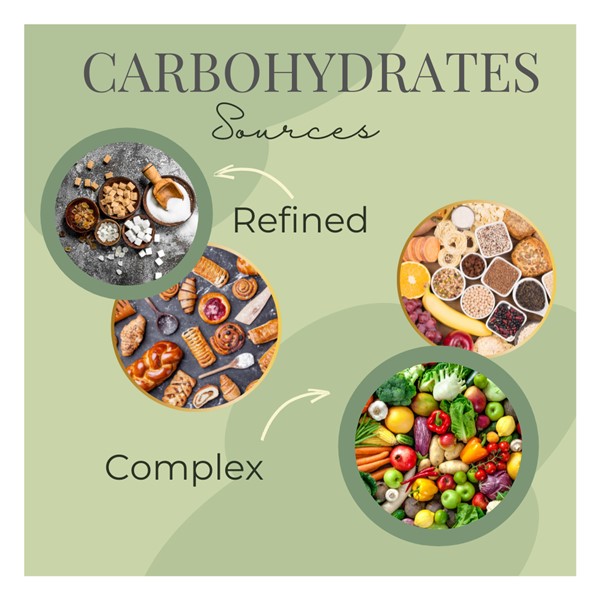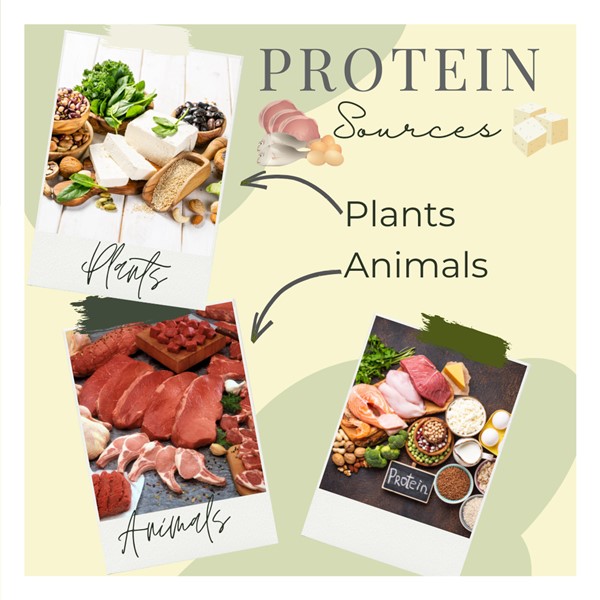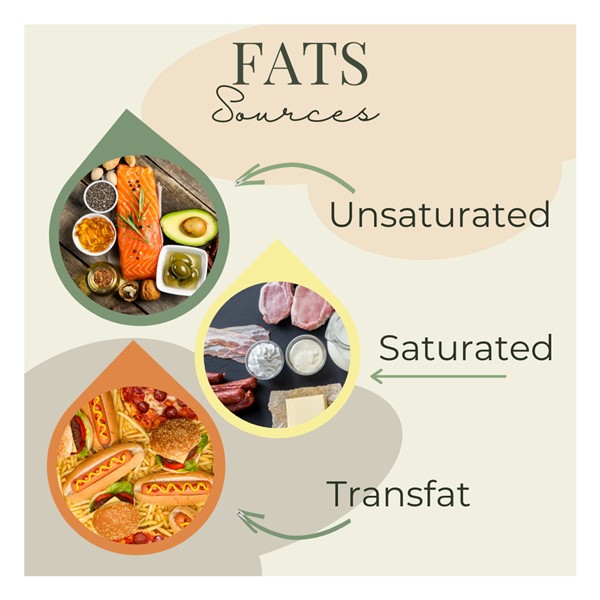Energy For My Body
On a normal day, a day where I don’t do much physical activity, my body requires a minimum of about 2000 energy units to keep me alive.
10% of the energy or 200 units are required for digesting what I eat
20% of the energy or 400 units are required for light physical activity associated with day-to-day life.
70% of the energy or 1400 units are required for my heart to keep beating, my lungs to keep pumping, my kidneys to keep flushing, my liver to keep cleaning, my temperature to keep steady, my immunity to keep maintaining, my hormones to keep regulating, my skin to keep glowing, mu muscles moving. my blood to keep flowing, and my brain to keep thinking.
On those days that I exercise moderately, I will require about another 300 units of energy.
So Where Does This Energy Come From?
Our energy comes from what we eat, and everything we eat is a combination of Carbohydrates, Proteins, and Fats. They call these the Macronutrients.



How Is The Energy Brokendown
The Glucose (sugar) from the Carb’s is the body’s preferred source. It will be used up first and fast as it is released quite quickly compared to the Fat or Protein-energy. Glucose fulfills our most immediate needs, heart beating, lungs breathing, and so on.
If there is excess sugary- Glucose in the blood that we don’t need right away, the body will store that excess glucose in our liver and in our muscles. It is stored there in the form of glycogen, about enough energy for a day’s living.
If this temporary storage in the liver and muscle gets full with glycogen, and we still have excess Glucose, the body will convert the Glucose to Triglicrides (fat) and store it in our fat cells, collectively known as our body fat.
When we eat Fats the energy is released in the form of Triglycerides (fat).
If we have used up our Glucose in the blood and Glycogen in the Liver and Muscles. The body will send the Triglicirides (Fat) to the liver and convert it to Glucose to satisfy our immediate energy needs and top up our temporary storage.
